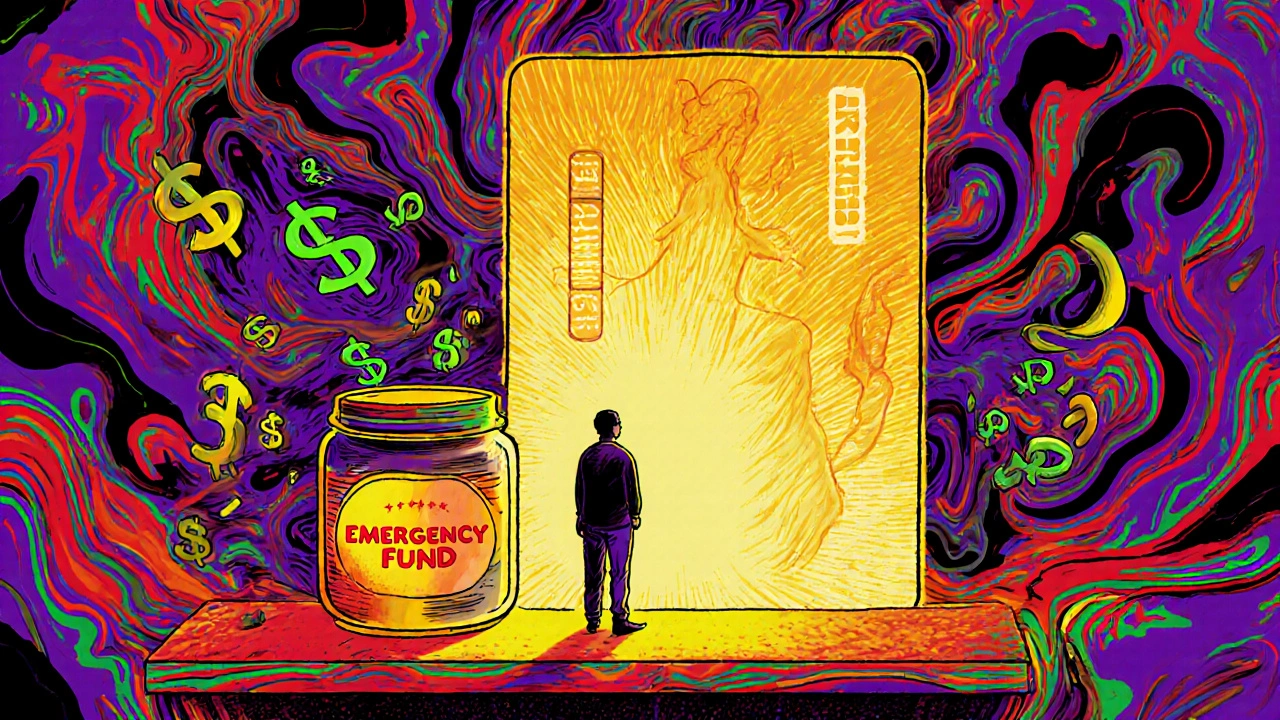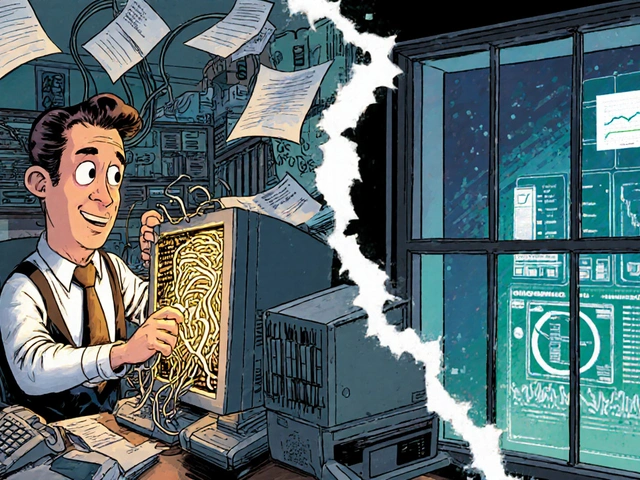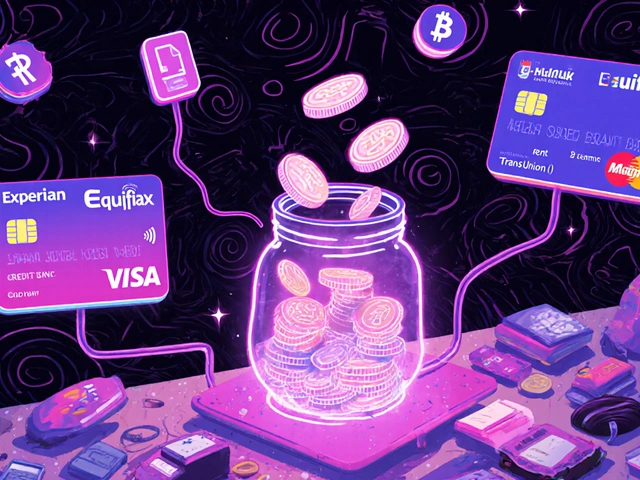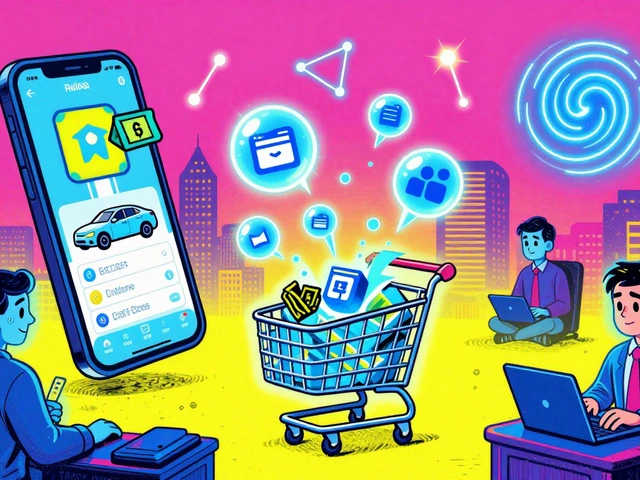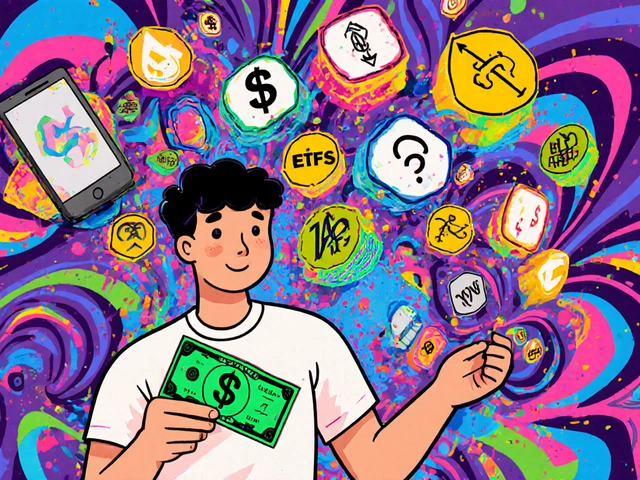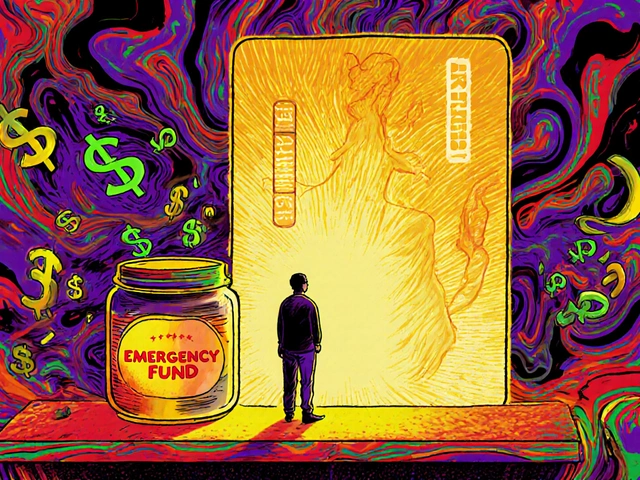Emergency Fund: What It Is, Why You Need It, and How to Build One
When life throws you a curveball—a broken car, a sudden medical bill, or a job loss—you need cash you can touch right now. That’s where an emergency fund, a dedicated stash of cash set aside for unexpected expenses. Also known as a cash reserve, it’s not an investment. It’s insurance you pay for with your own money, and it’s the most reliable financial tool you’ll ever own. Most people think they need $10,000 or more, but the truth? You start with $500. Then $1,000. Then three to six months of bare-bones living expenses. It’s not about being rich. It’s about not being terrified.
Building an emergency fund doesn’t happen in a vacuum. It’s directly tied to debt management, the process of paying down high-interest loans and credit cards without falling deeper in. If you’re still carrying credit card balances, putting money into savings feels backward. But here’s the catch: without an emergency fund, one flat tire sends you right back into debt. That’s why smart people build a small fund first—even while paying off debt. It breaks the cycle. And once you’ve got that buffer, you stop borrowing for things that break.
Your emergency fund lives in a savings account, a low-risk, liquid bank account that lets you pull money out anytime without penalties. Not a brokerage. Not a CD. Not your crypto wallet. A savings account. It needs to be easy to access, safe from market swings, and separate from your checking account so you don’t accidentally spend it. Online banks often offer higher interest and fewer fees than big brick-and-mortar ones. You don’t need to chase yield—just find one that doesn’t charge you to be safe.
People skip this step because they think they’re too broke to save. But it’s not about how much you earn. It’s about how you move money. Automate $25 a week. Round up your purchases. Keep the cash you’d normally spend on coffee or impulse buys. That’s how real people build real safety nets. You don’t need a windfall. You need consistency.
And when you’ve got it? You stop panicking. You say no to predatory payday loans. You don’t sell stocks in a crash because you need rent money. You don’t beg family for help. You just handle it. That’s the quiet power of an emergency fund. It doesn’t make you rich. But it gives you back control.
Below, you’ll find real strategies from people who’ve been there—how they saved while living paycheck to paycheck, how they picked the right account, and how they kept going when motivation ran out. No theory. Just what worked.

